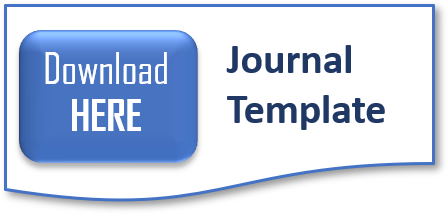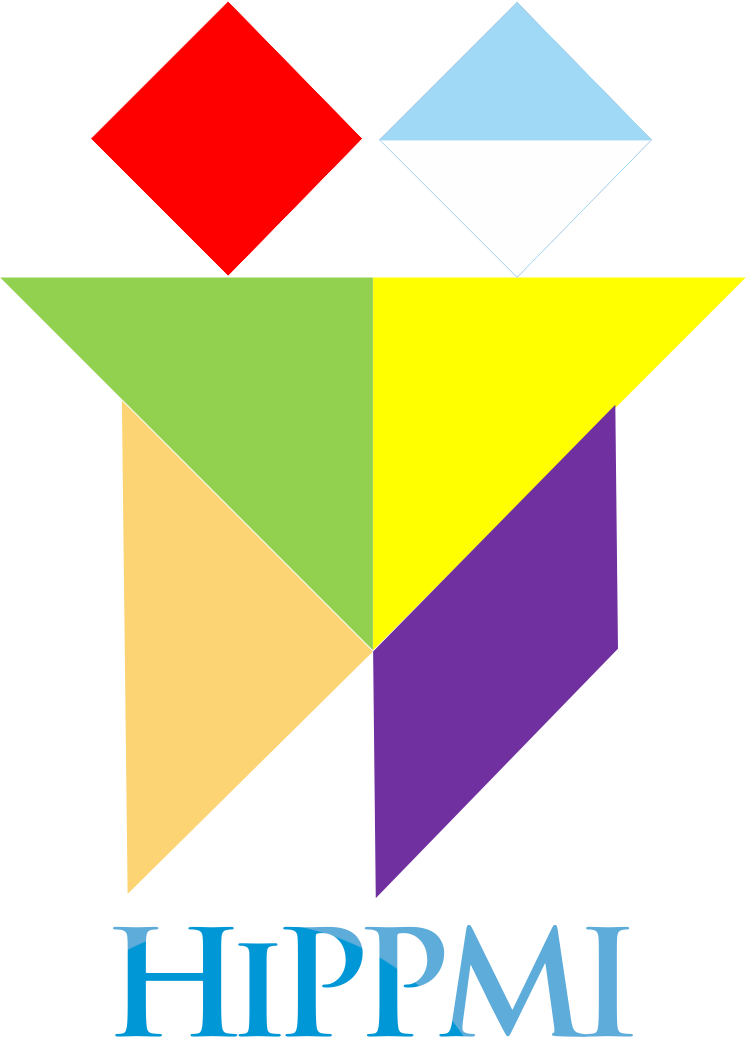MENGEMBANGKAN KOMPETENSI MATEMATIS DENGAN MODEL PEMBELAJARAN KOPERATIF PADA SISWA SMA
Abstract
Abstrak: Di dalam kurikulum matematika sekolah tahun 2006 disebutkan bahwa, standar kompetensi matematika yang harus dimiliki siswa mencakup pemahaman konsep matematika, komunikasi matematis, koneksi matematis, penalaran, pemecahan masalah, serta sikap dan minat yang positif terhadap matematika. Penelitian ini dilakukan untuk memperoleh bukti empiris tentang dampak pembelajaran koperatif untuk mengembangkan kompetensi matematis siswa Sekolah Menengah Atas (SMA). Populasi dalam penelitian ini adalah siswa SMA, dengan sampel adalah siswa SMA dari level sekolah tinggi, level sekolah sedang dan level sekolah rendah di lingkungan Dinas Pendidikan Kota Bandung. Penelitian ini menggunakan desain penelitian kelompok kontrol hanya-postes (post-test-only control group design). Untuk mengetahui kompetensi matematis siswa digunakan instrumen tes. Analsis data dalam penelitian ini menggunakan ANOVA satu jalur dan ANOVA dua jalur. Hasil penelitian diperoleh sebagai berikut. (1) Pada Level Sekoah baik dan sedang maupun secara keseluruhan terdapat perbedaan yang signifikan kopetensi matematis antara siswa yang pembelajarannya menggunakan pembelajaran koperatif dan pembelajaran konvensional. (2) Pada Level Sekolah Rendah tidak terdapat perbedaan yang signifikan kopetensi matematis antara siswa yang pembelajarannya menggunakan pembelajaran koperatif dan pembelajaran konvensional. walaupun pada level sekolah rendah tersebut rata-ratanya yang menggunakan pembelajaran konvensional lebih baik dari pada yang pembelajarannya menggunakan koperatif. Dan (3) Tidak terdapat perbedaan selisih antara kemampuan matematis pada pembelajaran koperatif dan konvensional dan selisih antara kompetensi matematis pada pembelajaran koperatif dan konvensional pada level sekolah. Dengan kata lain tidak ada interaksi antara model pembelajaran dan level sekolah.
Abstract: Mathematics curriculum school in 2006 noted that standard of mathematical competence should include students' understanding of mathematical concepts, mathematical communication, mathematical connections, logic, problem solving, and positive attitude and interest towards mathematics. The study was conducted to obtain empirical evidence about the impact of cooperative learning to develop students' mathematical competence of high school (SMA). The population of this study was high school students, using sample of high school students from top, middle and low level school in Department of Education, Bandung. To find the mathematical competence of students is used the test instrument with post-test-only control group design. Data analysis in this study was using one-way ANOVA and two-way ANOVA.
The results obtained as follows. (1) At top and middle level of school, there are significant differences between the mathematical competency of students’ using cooperative learning and conventional learning. (2) At lower school level, there is no significant difference between the mathematical competency of students using cooperative learning and conventional learning; although the level averages using conventional learning at the lower school is better than using cooperative learning. And (3) there is no difference between mathematical ability and mathematical competence in conventional and cooperative learning at school level. In other words, there is no interaction between the models of learning and the school level.
Full Text:
PDFReferences
Departemen Pendidikan Nasional. (2006). Standar Kompetensi dan Kompetensi Dasar Tingkat SMA, MA, SMALB, SMK dan MAK. Jakarta: Sekretariat Jenderal Departemen Pendidikan Nasional Republik Indonesia.
Djohar, M. S. (2003). Pendidikan Strategis, Alternatif untuk Pendidikan Masa Depan menuji Masyarakat Madani. Bandung: Tarsito.
IMSTEP-JICA. (1999). Monitoring Report on Current Practice on Mathematics and Science Teaching and Learning. Bandung: IMSTEP-JICA.
Ismail. (2003). Media Pembelajaran (Model-model Pembelajaran). Jakarta: Dit. PLP-Dikdasmen.
Lie, A. (2002). Cooperative Learning, Mempraktikan Cooperative Learning di Ruang–ruang Kelas. Jakarta: Grasindo.
Marpaung, Y. (2003). Perubahan Paradigma Pembelajaran Matematika di Sekolah. Makalah disajikan pada Seminar Nasional Pendidikan Matematika di Universitas Sanata Dharma, tanggal 27—28 Maret 2003.
NCTM. (1999). Curriculum and Evaluation Standards for School Mathematics. Reston, VA: Authur.
Puspendik. (2005). Informasi Ujian Nasional dan Ebtanas. [Online]. Tersedia: http://www.puspendik.com.
Resnick, L. B., dan Ford, W. W. (1981). The Psychology of Mathematics for Instruction. New Jersey: Lawrence Erlbaum Assosiates.
Ruseffendi, H. E. T. (1998). Statistika Dasar untuk Penelitian Pendidikan. Bandung: IKIP Bandung Press.
DOI: https://doi.org/10.17509/sigmadidaktika.v1i2.49440
Refbacks
- There are currently no refbacks.
e-ISSN: 2987-3894
p-ISSN: 2252-7435
This work is licensed under a Creative Commons Attribution-ShareAlike 4.0 International License.









